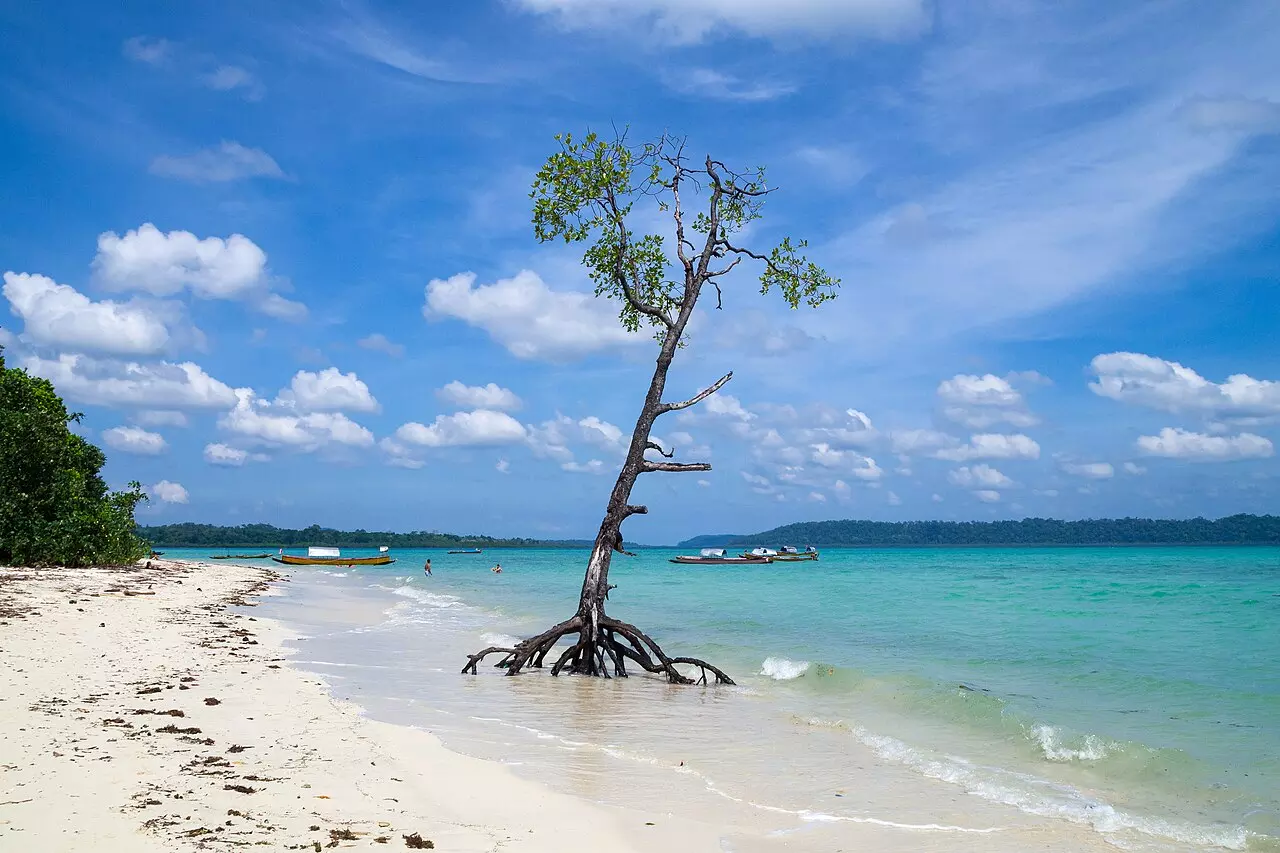
Andaman’s vulnerable Onge tribe royals welcome baby boy; population now 136
The Onge tribe, though not considered “un-contacted” like the Sentinelese who reside on North Sentinel Island, are confined to Dugong Creek

The king and queen of Andaman’s Onge tribe have welcomed a baby boy, taking the tribe’s total population to 136, news agency PTI reported.
King Totoko and queen Priya welcomed the baby boy at GB Panth Hospital in Port Blair on Monday (May 27), an official of the tribal welfare department told PTI.
Mother, baby doing fine
The baby, weighing around 2.5 kg, was born around 5.55 pm through a normal delivery. This is Totoko’s eighth child, the official said.
Hospital sources confirmed that both the mother and child are healthy and doing well. “We kept them under observation in the tribal ward, and they will be discharged in a day or two,” said a senior hospital staff member.
Munda’s message
Union Tribal Minister Arjun Munda expressed his happiness about the news, saying, “It gives me immense pleasure to announce the arrival of a new member of the Onge tribe in the Andaman and Nicobar Islands. I congratulate Totoko and Priya on this wonderful news. I will instruct the local administration to take good care of the mother and child.”
Munda also highlighted ongoing efforts to protect Particularly Vulnerable Tribal Groups (PVTGs) in the region through various central schemes.
Vulnerable tribes
The Onge tribe, though not considered “un-contacted” like the Sentinelese who reside on North Sentinel Island, are confined to Dugong Creek.
The birth of the baby boy was met with jubilation throughout the Onge community. Traditionally semi-nomadic and reliant on hunting and gathering, the Onges now receive rations and clothing from the local administration, despite initially not being accustomed to wearing clothes.
Since the establishment of the penal settlement by the British in 1858, the populations of primitive tribes like the Onge, Jarawa, Shompen, Great Andamanese, and Sentinelese have drastically declined due to epidemics, exploitation in exchange for alcohol, and confrontations with the British.
(With agency inputs)

